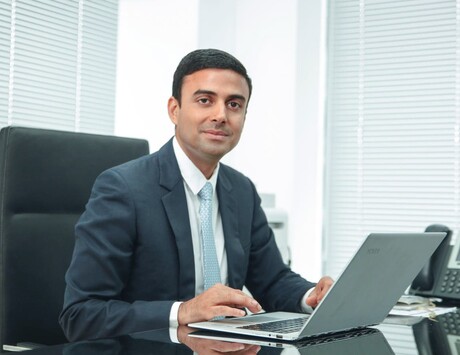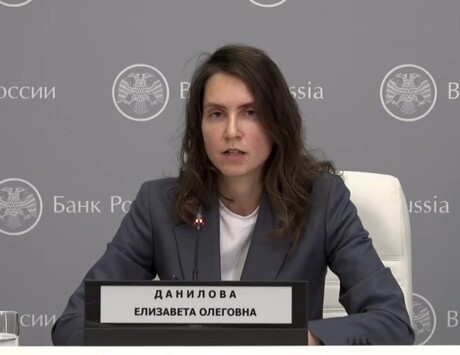The armed raid on media magnate Alexander Lebedev’s National Reserve Bank could be due to concerns over irregularities in its takeover of Rossiisky Capital.
Novaya Gazeta, the Russian liberal newspaper owned by Lebedev, who also owns British newspapers The Independent and The Evening Standard, reports that the investigators were particularly interested in files concerning the banks’ merger.
Lebedev had criticised the former owners for taking money out of the bank, which the National Reserve Bank took over when it was on the verge of bankruptcy. But analysts say that state funds used to protect depositors were mismanaged.
“This story with Rossiissky Capital is obviously dubious,” said Stanislav Belkovsky, a political analyst. “There was obvious use of state funds in it, and they were not used in the best way.”
Belkovsky added that Lebedev initially took on responsibility for ensuring customers didn’t lose any of their money, but then received a government bailout from the Bank Insurance Agency.
“This is obviously grounds for a probe,” he said.
FSB involvement
The Interior Ministry said its staff did not take part in the raid, leading Novaya Gazeta to report that the FSB were responsible.
Yury Gervis, a lawyer for exiled telecoms tycoon Yevgeny Chichvarkin and a former FSB investigator, said this could mean Lebedev had been caught between two clans within the government.
“There are centres controlled by [Igor] Sechin and centres controlled by [Vladislav] Surkov or others,” he said. “All those relations … show that you can do the bidding of the prime minister and still get caught up in the battle between two agencies.”
Dwindling influence?
Lebedev, a former KGB spy, is widely considered to have close ties to Prime Minister Vladimir Putin, but the raid has suggested his political ties might be weakening.
“If he really was systemically integrated, then these things wouldn’t be happening,” said Gervis.
The media tycoon has recently been expanding his empire in the UK, launching a sister paper to The Independent, “I”, last month.
But Novaya Gazeta, widely considered to be the last opposition paper, was reported last month to be close to bankruptcy, increasing speculation that it would be shut down.
Belkovsky said that despite the publication’s independent line, Lebedev remained part of the political mainstream, and his position in the Kremlin’s circle was not under threat.
“Lebedev is certainly not a political victim,” he said by telephone. “I see no reason for any systemic persecution of Lebedev. He is absolutely loyal to the Kremlin, and in all situations has acted in the interests of the Kremlin.”
Belkovsky added: “[Lebedev] has cultivated the image of a renegade, a moderate oppositionist, but this was merely an image, there was no substance.”
No fears for investors
The raid on Lebvedev’s bank is likely to generate negative publicity about Russia in the Western media, given the high-profile raids by masked OMON and FSB officers in recent years on Yukos, TNK-BP, Hermitage Capital and other major investors.
But fund managers say that the raid is unlikely to deter investors who are aware of the risks, providing there is no unwarranted prosecution.
“I’m sure it will be bad headlines, but as long as nothing serious follows it up then I don’t think it’ll make any difference in the medium term,” said Mattias Westman, a founding partner of Prosperity Capital Management.



